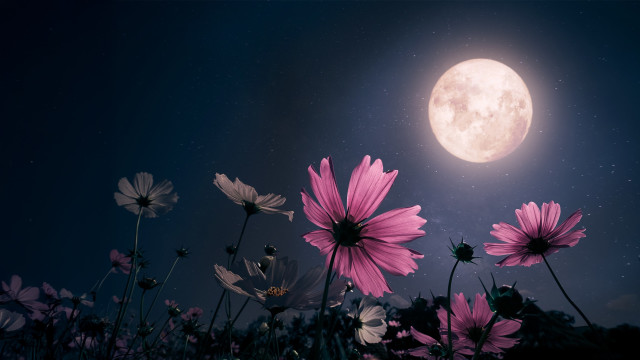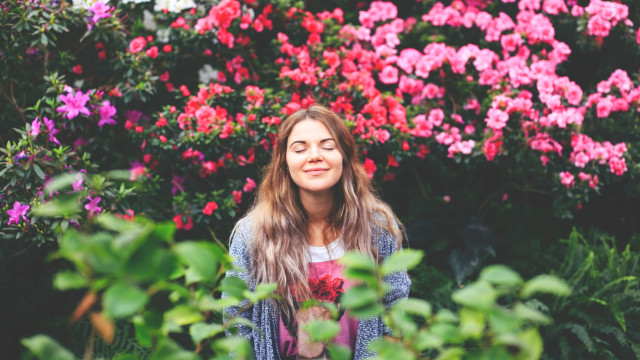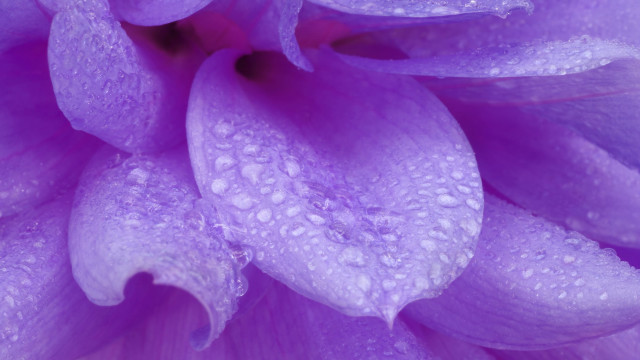Tapping Into the Vitality of Nature

Sometimes, when I have been inside my office for too long, and work, people or situations around me invade my inner sense of calm and make me anxious, I often find the best way to decompress is to go out into the nearest open, wild or semi-wild place. The act of walking in the park, simple as it may sound, is emotionally restorative and physically re-energizing.
The physical and emotional benefits of walking have been discussed time and time again, especially in the last two years when, during lockdowns, these walks (and occasional jogs for the sportier among us) were just about the only outdoor experience we were permitted. But as a seeker of Wholistic Wellbeing, I wondered what more I could do on these walks that would enhance my journey towards happiness, fulfilment and sustainability.
Why sustainability? Because I understand that a large aspect of Wholistic Wellbeing is Planetary Wellbeing; the idea that the wellbeing of the planet impacts our own and our duty of care to the environment is a duty of care to ourselves. Planetary Wellbeing has always been a cause particularly close to my heart, such that when I go for a walk in the wild, I don’t think only through the prism of Physical or Emotional Wellbeing. I also consider Planetary Wellbeing.
‘How so?’, you ask. It’s simple: walks in the wild offer the possibility to pick up some edible wild plants and cultivate a self-sufficient and sustainable lifestyle: this is known as foraging. But aren’t some plants poisonous? Yes, but there are many free or inexpensive apps that teach you about edible plants if you cannot find a local plant expert to accompany you. As your knowledge increases about the plants around you, you can begin to enjoy the delights of wise and mindful foraging during restorative walks.
Carefully manicured gardens may give the impression that humans are in complete control of nature but those wise enough know this is not true. Nature has a way of flourishing where we least expect it to, as I have witnessed myself in the work led by Roundglass Sustain. And for all the damage we inflict on forests and the atmosphere on a global scale, which can make us feel hopeless and detached from a disappearing natural world, sometimes just focusing on the herbs and plants that are right there in front of us can do plenty to rekindle our bonds with the vitality of nature.
Foraging helps us tap into the vital life force of nature, its “Atman”, its breath. It reminds us that we are part of nature and that this life force runs through our bodies as well as through the soil that produces our food, and for the omnivores among us, our food’s food. Of course, we do not want to pick wild plants indiscriminately, but in a way that respects the balance and abundance that nature brings us.
Foraging fosters our care and wisdom by nurturing a balanced and reciprocal relationship between ourselves and the natural world, bringing us closer to nature and teaches you about the seasons, time, and place. Indeed, plants are some of the last elements that make a place unique, as the design of modern work and life seeks to even out the difference between one place and another as globalization reduces the need to adapt. The shops and office buildings in modern Delhi do not differ that greatly from those in Seattle, for example. By contrast, plants are the fruit of the unique environment in which they bask, their growth cycles determined by distinct meteorological conditions. Foraging, therefore, grounds us into the present moment and encourages us to accept and appreciate things as they come around us. As such, it’s one of the best activities we can practice for Wholistic Wellbeing.






